Minister on Kosovo crisis, lack of trust in intl. community
Monday, 08.08.2011.
22:25

Minister on Kosovo crisis, lack of trust in intl. community B92: We see you in Belgrade again after two weeks. You spent that time on the administrative line - what sort of information do you have concerning Brnjak and Jarinje today? Bogdanovic: Before entering this studio I spoke to (northern Kosovo) municipal presidents and the head of the (Kosovska Mitrovica) district. The situation is currently peaceful, uncertain and tense. What matters the most at this point is that there is peace, people are aware of the danger, they understand the situation, and are determined to peacefully protect their legitimate interests. After the meeting they had with the Serbian president people received a new energy, a new chance, and I think they will use it smartly in the next two days. B92: Whether they'll use it and in what manner we'll see on Tuesday when councilors of all four municipalities in northern Kosovo meet. They should discuss their obligations according to the agreement you and Borislav Stefanovic reached with Erhard Buehler. The first article of that agreement concerns the unblocking of roads. What do you expect from the meeting - it seems that disagreements have been overcome and that Serbs from the north will accept it? Bogdanovic: As far as I'm concerned there's no dilemma. I always had faith in those people, I believed in local self-governments and that was evident during these days, their responsible approach and loyalty to the state of Serbia, since, as they themselves stressed last night, they have no substitute homeland. What matters at this point is that the municipal presidents left the meeting with the president satisfied, and they told that today to the people at the barricades. B92: Why were they satisfied? Bogdanovic: They were satisfied because they were convinced, they didn't doubt it before either, that the state of Serbia is standing behind them. They received a completely clear message from the president of Serbia that Serbia will never give up on Kosovo, and never recognize Kosovo. We had a constructive meeting in a relaxed atmosphere, where we presented all the details - not only about the agreement but also of the general situation in Kosovo and Metohija - and our vision regarding what is intended to be done with Kosovo, the president had a chance to present that. The municipal presidents were more than satisfied and that was evident from their statements after the meeting. B92: Some ten days ago when the crisis in the north started, you called on Serbs not to take vacations, to go to the barricades, to defend the north of Kosovo from Pristina's attempts to take over. Now you're calling on them to remove the barricades. What happened in those 12 days? What changed? Bogdanovic: I thought then and I think now that the Serbs were completely legitimately defending their interests on the barricades, despite the fact that Pristina and a part of the international community treated them like criminals. Neither myself nor anyone in Serbia thought that criminals were on the barricades. Those are the citizens of northern Kosovo who legitimately defended their interests and the appraisals coming from Pristina were not true. B92: It wasn't only Pristina. Hashim Thaci said that criminals rule the north; KFOR commander Erhard Buehler, your interlocutor, repeated the same in two interviews for respectable western media. Bogdanovic: Precisely during our conversations with General Buehler we stressed, held it against him and reacted strongly to the interviews he gave to the German media. It is absolutely unacceptable for the people in northern Kosovo to be treated like criminals, mercenaries, someone who wishes to solve problems violently. We could all see that and were convinced of that. Obviously someone in Pristina and in the international community is not satisfied with such peaceful, Gandhi-like protests, and the defense of legitimate interests of those people. In this way we who live down there demonstrated that we will never accept not only the Kosovo customs but also for the so-called state of Kosovo to take root in the north of Kosovo and Metohija. B92: Can you trust the international community which sees you as criminals? Bogdanovic: We absolutely cannot. B92: Can you have faith in a deal, an agreement made with a man who referred to those citizens at the barricades as criminals? Bogdanovic: Let me make this absolute clear, we will remain prepared from this point on. Emergency HQs will not be dissolved precisely because we do not trust the international community. In the past 12 years, I have had the misfortune of taking part in all these discussions to solve problems, and always, or most of the time, those from the international community would trick us. And this time we do not trust them. For that reason we want strong monitoring to be established, and for that reason we wish to monitor the situation. If the need arises, we will again protest peacefully and democratically, and if need be we'll put the barricades back up, because that is the only legitimate way to defend our interests. B92: The barricades will be removed while the citizens will remain on standby? Bogdanovic: Absolutely, I think that is the only way to show the international community as well that what Serbia agreed on with the international community is being respected, but at the same time that we're monitoring the implementation of that decision. B92: What about the barricade in Rudare, is it more difficult to remove? Bogdanovic: That is more difficult for technical reasons, as you know there's a cross there and many obstacles, and I hope it will be removed by August 20 at the latest. What's important at this time is that there is freedom of movement for KFOR and all civilians. B92: But things did not go back to where they were before July 25? Bogdanovic: That's what neither we nor the Serbs from northern Kosovo are satisfied with. That's what pains us. With this agreement, we wished to give dialogue a chance. Negotiations will start in Brussels on September 5. Enough with barricades, enough with problems, enough with conflicts. That's what we keep saying. Mr. Stefanovic and I called for peace each day. B92: What if Pristina doesn't want that? Bogdanovic: Somebody will have to exert influence on Pristina. The EU, the U.S., the countries that have greater influence on Pristina must do everything to make it resolve everything in a peaceful manner. We cannot (use) unilateral moves, threats, war. I think we've had all that and we see where that has led us. Goran Bogdanovic (Tanjug, file) Minister for Kosovo and Metohija Goran Bogdanovic spoke for B92 in Belgrade on Monday, and discussed an agreement reached with KFOR last week, a lack of trust in the international community, and the necessity for Serbs in northern Kosovo to remain "on standby". Journalist: Ljubica Gojgic "Somebody will have to exert influence on Pristina. The EU, the U.S., the countries that have greater influence on Pristina must do everything to make it resolve everything in a peaceful manner..."
Minister on Kosovo crisis, lack of trust in intl. community
B92: We see you in Belgrade again after two weeks. You spent that time on the administrative line - what sort of information do you have concerning Brnjak and Jarinje today?Bogdanović: Before entering this studio I spoke to (northern Kosovo) municipal presidents and the head of the (Kosovska Mitrovica) district. The situation is currently peaceful, uncertain and tense. What matters the most at this point is that there is peace, people are aware of the danger, they understand the situation, and are determined to peacefully protect their legitimate interests. After the meeting they had with the Serbian president people received a new energy, a new chance, and I think they will use it smartly in the next two days.
B92: Whether they'll use it and in what manner we'll see on Tuesday when councilors of all four municipalities in northern Kosovo meet. They should discuss their obligations according to the agreement you and Borislav Stefanović reached with Erhard Buehler. The first article of that agreement concerns the unblocking of roads. What do you expect from the meeting - it seems that disagreements have been overcome and that Serbs from the north will accept it?
Bogdanović: As far as I'm concerned there's no dilemma. I always had faith in those people, I believed in local self-governments and that was evident during these days, their responsible approach and loyalty to the state of Serbia, since, as they themselves stressed last night, they have no substitute homeland. What matters at this point is that the municipal presidents left the meeting with the president satisfied, and they told that today to the people at the barricades.
B92: Why were they satisfied?
Bogdanović: They were satisfied because they were convinced, they didn't doubt it before either, that the state of Serbia is standing behind them. They received a completely clear message from the president of Serbia that Serbia will never give up on Kosovo, and never recognize Kosovo. We had a constructive meeting in a relaxed atmosphere, where we presented all the details - not only about the agreement but also of the general situation in Kosovo and Metohija - and our vision regarding what is intended to be done with Kosovo, the president had a chance to present that. The municipal presidents were more than satisfied and that was evident from their statements after the meeting.
B92: Some ten days ago when the crisis in the north started, you called on Serbs not to take vacations, to go to the barricades, to defend the north of Kosovo from Priština's attempts to take over. Now you're calling on them to remove the barricades. What happened in those 12 days? What changed?
Bogdanović: I thought then and I think now that the Serbs were completely legitimately defending their interests on the barricades, despite the fact that Priština and a part of the international community treated them like criminals. Neither myself nor anyone in Serbia thought that criminals were on the barricades. Those are the citizens of northern Kosovo who legitimately defended their interests and the appraisals coming from Priština were not true.
B92: It wasn't only Priština. Hashim Thaci said that criminals rule the north; KFOR commander Erhard Buehler, your interlocutor, repeated the same in two interviews for respectable western media.
Bogdanović: Precisely during our conversations with General Buehler we stressed, held it against him and reacted strongly to the interviews he gave to the German media. It is absolutely unacceptable for the people in northern Kosovo to be treated like criminals, mercenaries, someone who wishes to solve problems violently. We could all see that and were convinced of that. Obviously someone in Priština and in the international community is not satisfied with such peaceful, Gandhi-like protests, and the defense of legitimate interests of those people. In this way we who live down there demonstrated that we will never accept not only the Kosovo customs but also for the so-called state of Kosovo to take root in the north of Kosovo and Metohija.
B92: Can you trust the international community which sees you as criminals?
Bogdanović: We absolutely cannot.
B92: Can you have faith in a deal, an agreement made with a man who referred to those citizens at the barricades as criminals?
Bogdanović: Let me make this absolute clear, we will remain prepared from this point on. Emergency HQs will not be dissolved precisely because we do not trust the international community. In the past 12 years, I have had the misfortune of taking part in all these discussions to solve problems, and always, or most of the time, those from the international community would trick us. And this time we do not trust them. For that reason we want strong monitoring to be established, and for that reason we wish to monitor the situation. If the need arises, we will again protest peacefully and democratically, and if need be we'll put the barricades back up, because that is the only legitimate way to defend our interests.
B92: The barricades will be removed while the citizens will remain on standby?
Bogdanović: Absolutely, I think that is the only way to show the international community as well that what Serbia agreed on with the international community is being respected, but at the same time that we're monitoring the implementation of that decision.
B92: What about the barricade in Rudare, is it more difficult to remove?
Bogdanović: That is more difficult for technical reasons, as you know there's a cross there and many obstacles, and I hope it will be removed by August 20 at the latest. What's important at this time is that there is freedom of movement for KFOR and all civilians.
B92: But things did not go back to where they were before July 25?
Bogdanović: That's what neither we nor the Serbs from northern Kosovo are satisfied with. That's what pains us. With this agreement, we wished to give dialogue a chance. Negotiations will start in Brussels on September 5. Enough with barricades, enough with problems, enough with conflicts. That's what we keep saying. Mr. Stefanović and I called for peace each day.
B92: What if Priština doesn't want that?
Bogdanović: Somebody will have to exert influence on Priština. The EU, the U.S., the countries that have greater influence on Priština must do everything to make it resolve everything in a peaceful manner. We cannot (use) unilateral moves, threats, war. I think we've had all that and we see where that has led us.


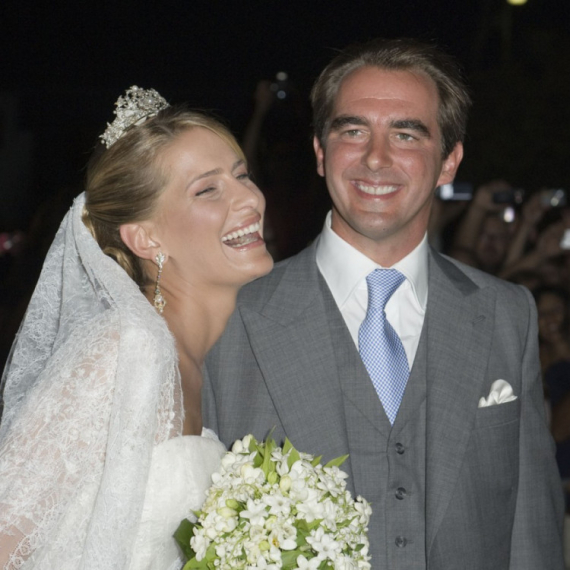








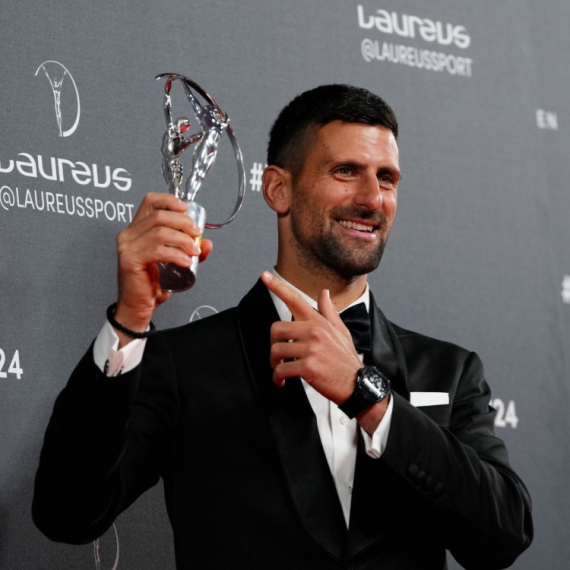
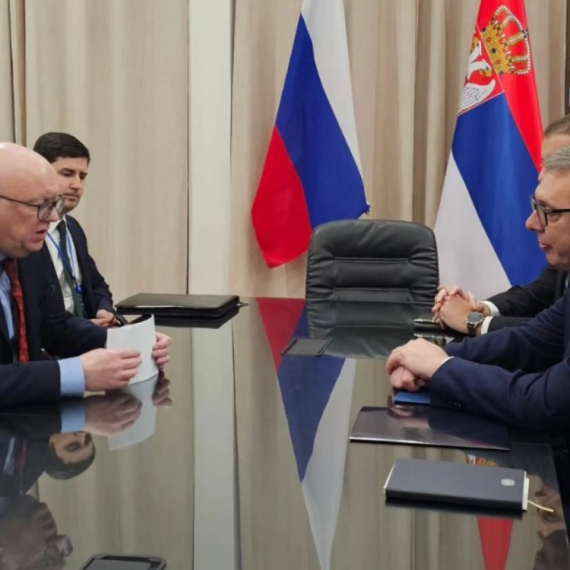
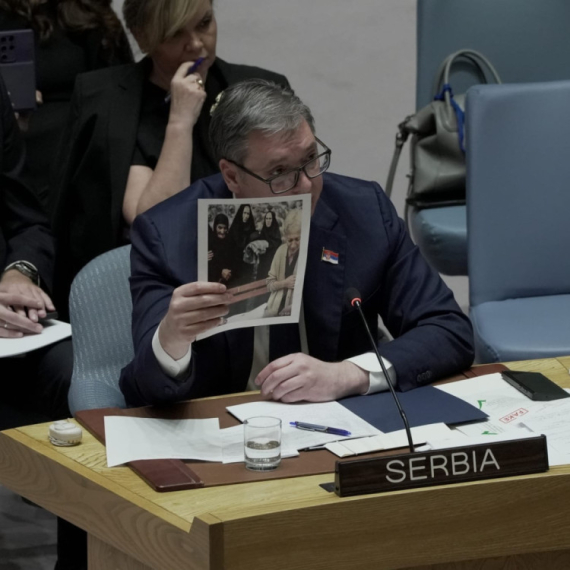

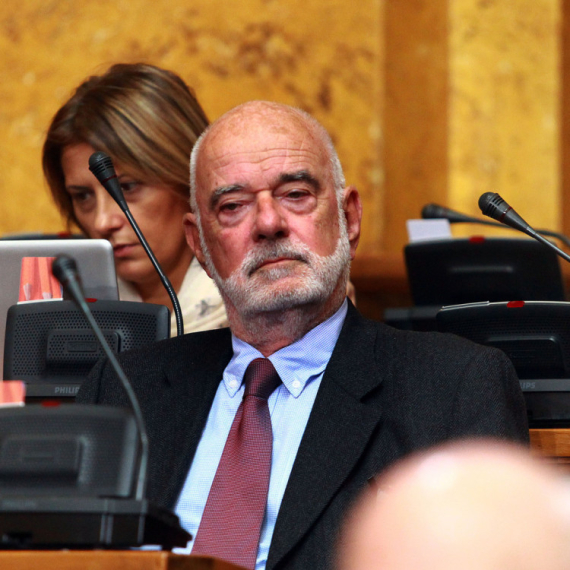
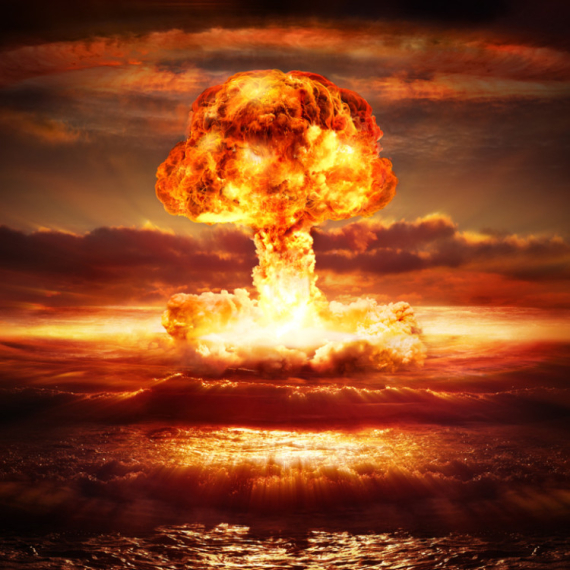



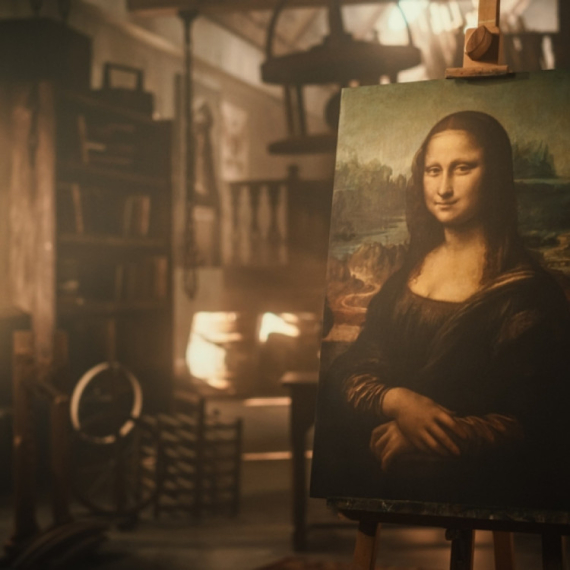











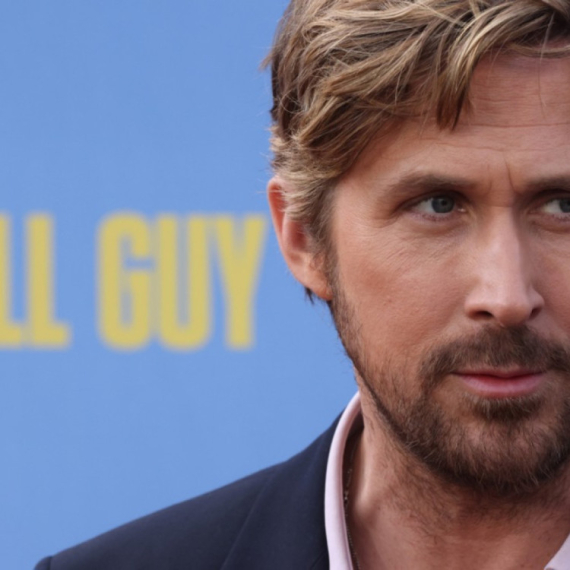





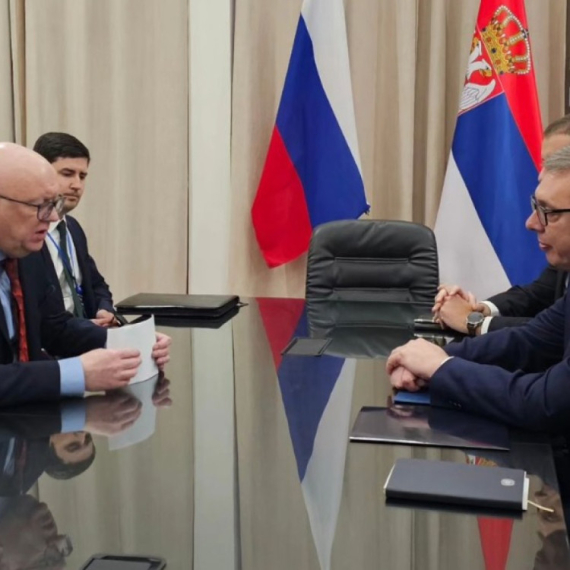

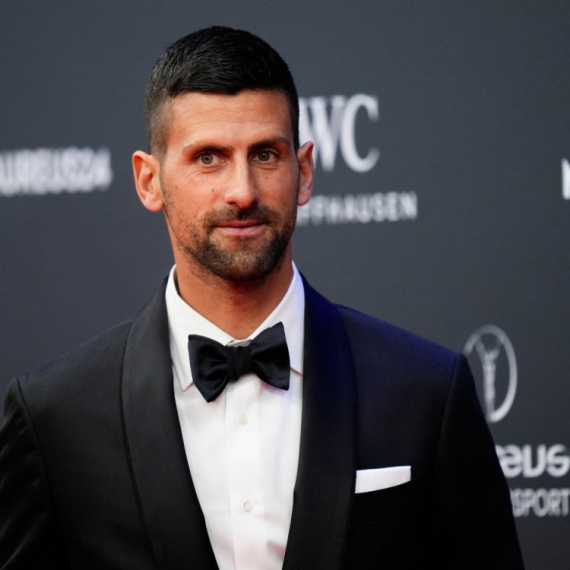

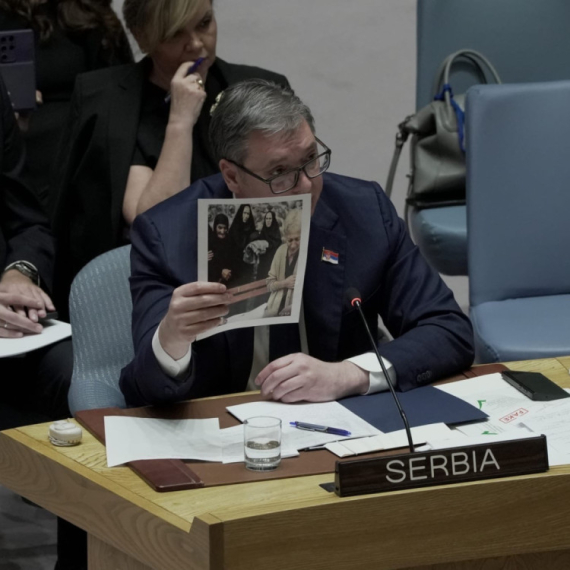

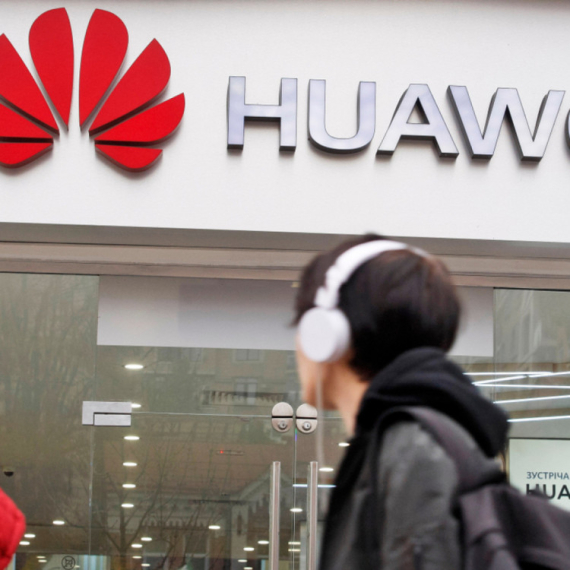
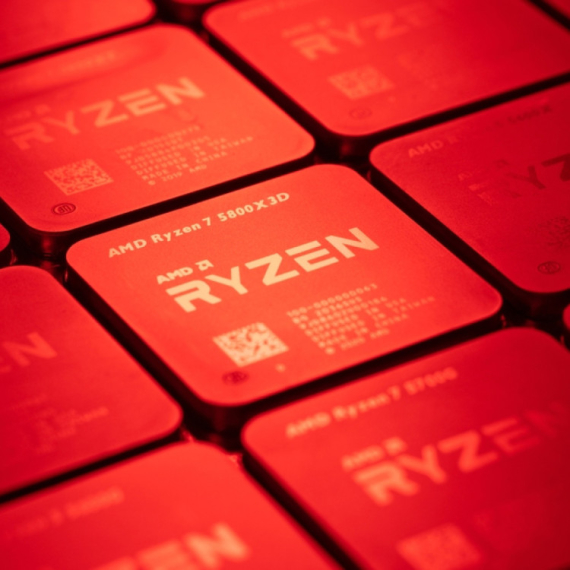



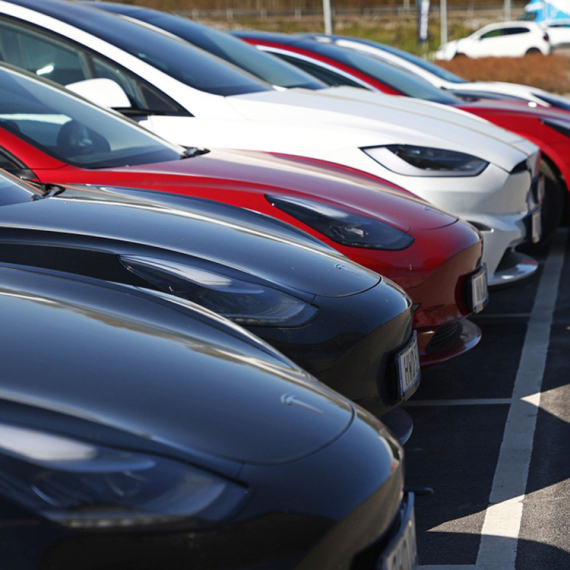




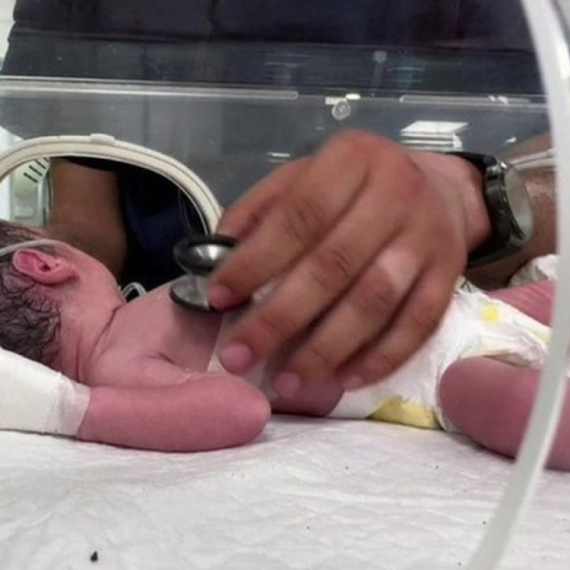
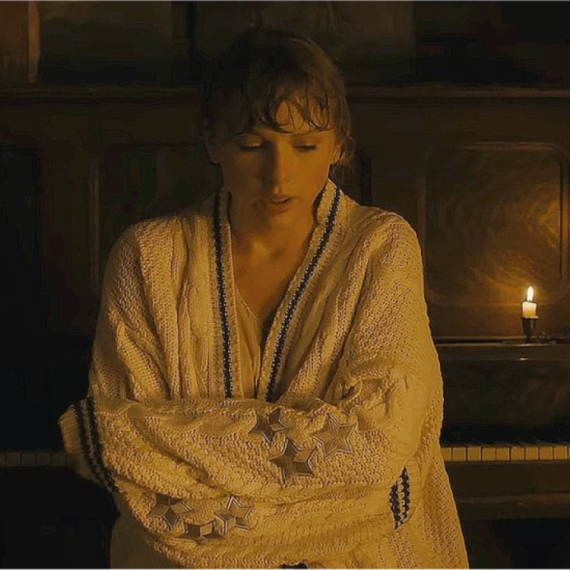
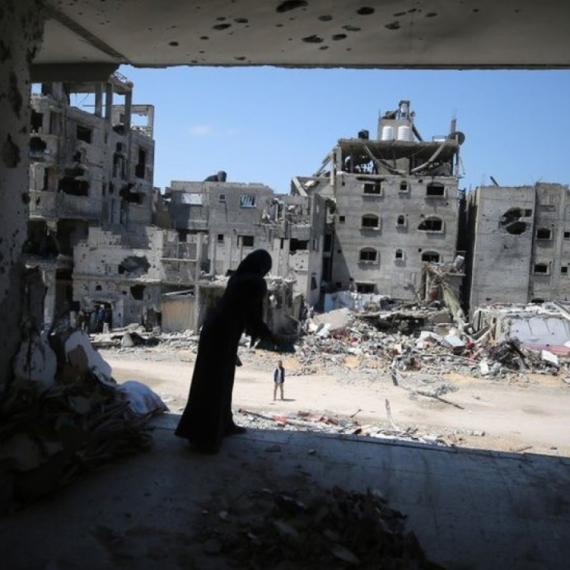
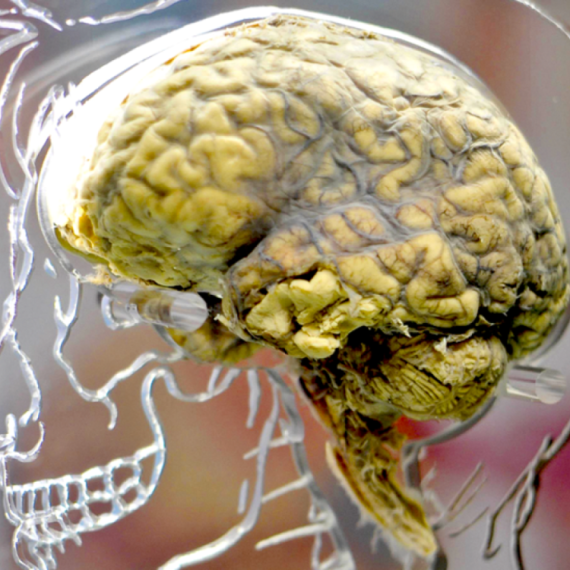

Komentari 5
Pogledaj komentare